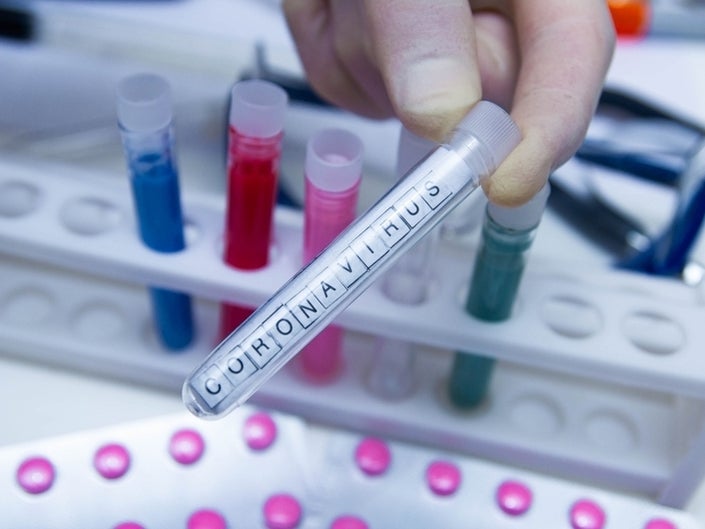Hold Govt Accountable For Healthcare Quality, Pate Urges Nigerians
The Coordinating Minister of Health and Social Welfare, Muhammad Pate, has urged Nigerians to hold the Federal, State, and Local Governments accountable for improving the quality of healthcare and basic services.
Pate made this statement on Wednesday in Abuja at the ongoing three-day Nigeria Health Sector-Wide Joint Annual Review, themed “It’s for All of Us: Accelerating Our Health Sector Reforms Together.”
He said, “For our citizens, in line with the President’s overall direction, we want you to hold us, as well as your state and local governments, accountable for providing improved quality healthcare services and basic services that we need as a people to create a healthier nation.
“We’re building on the legacy of several health ministers who have come before us, and my colleagues, Dr Tunji Alausa, as well as the current Minister of State, Dr Iziaq Alausa, and many others, and many leaders across different agencies. We’re building the institutions in health, but building on the work of so many others who have gone before us.”
The minister noted that, apart from the State of Health Report, the Health Vulnerability and Adaptation Report would also be launched to address the consequences of climate change on health.
“I would like to say that the lives of Nigerians, particularly women and children, are at stake, especially the poorest among us. We must do everything we can to safeguard them, and we will be relentless in our resolve to deliver an efficient, equitable, and quality healthcare system for all Nigerians,” he added.
The minister stated that President Bola Tinubu is committed to improving
the quality of healthcare services for Nigeria.
He said the ministry has achieved 31 out of its 41 Key Performance Indicators across the presidential commitments and is on track to surpass the targets for 2024.
“We call on all of us to take action, because the task ahead is huge, but it requires our collective efforts, and we can do this through genuine partnerships that are respectful. We call on the government, including our development partners and the friends of Nigeria, to continue working with us and to be patient with us as we chart a path towards improving the health of all Nigerians.
“From the Federal Government, I assure you that the President is very committed to continuing the prioritisation of healthcare, in line with the principles and commitments of the sector-wide compact that we signed. I would also like to commend all of the state governors for their involvement, especially in the last 15 months, in working with us.
“To our development partners, I really want to appreciate you as well. We seek stronger convergence of your financing and technical support towards our priorities. We also ask our development partners to share with us, through the Sector-Wide Approach Coordination Office, their roadmap for strengthening the alignment as part of this compact.”
For his part, the Minister of State for Health, Iziaq Salako, stated that the JAR is a vital instrument for health sector stakeholders to assess programme performance, evaluate resource distribution, and review outcomes or issues that need to be addressed to improve performance.
“As a critical accountability tool, we will use the JAR to promote multisectoral coordination and set clear priorities for the upcoming year, ensuring that all stakeholders remain aligned with national health goals,” he said.
He highlighted that the event is a platform for fostering accountability, enhancing collaboration, and driving progress in the implementation of the Nigeria Health Sector Renewal Initiative.
“We must focus on those critical indicators that reflect the health system’s performance, such as mortality rates, disease incidence, service utilisation rates, life expectancy at birth, and health expenditure, among others. Importantly, the quality of healthcare we provide and the clients’ experiences when accessing services must be a top priority as we work together to elevate them and deliver on the Renewed Hope Agenda.
“We are fortunate to have the preliminary findings of the Nigeria Demographic and Health Survey 2023. I encourage us to look at it when developing a baseline for the sector-wide approach. We should explore our current stimulus funding, which goes directly to our primary health facilities, such as the Basic Healthcare Provision Fund, and other health financing mechanisms to reduce maternal mortality.
“In addition, the human resource for health crisis and its emerging challenges should be given thoughtful consideration as we agree on the baseline for the SWaP JAR towards achieving Universal Health Coverage goals,” he said.




